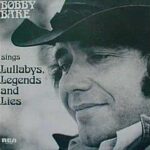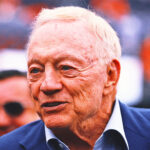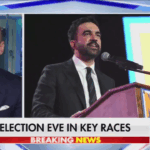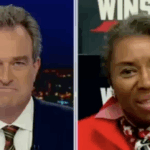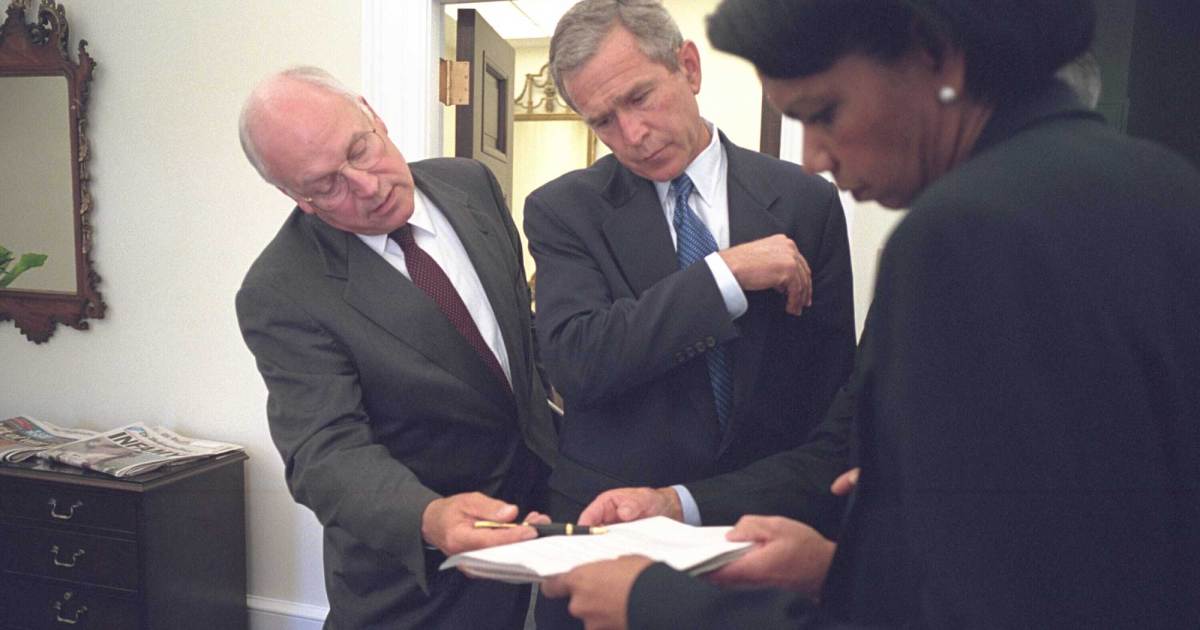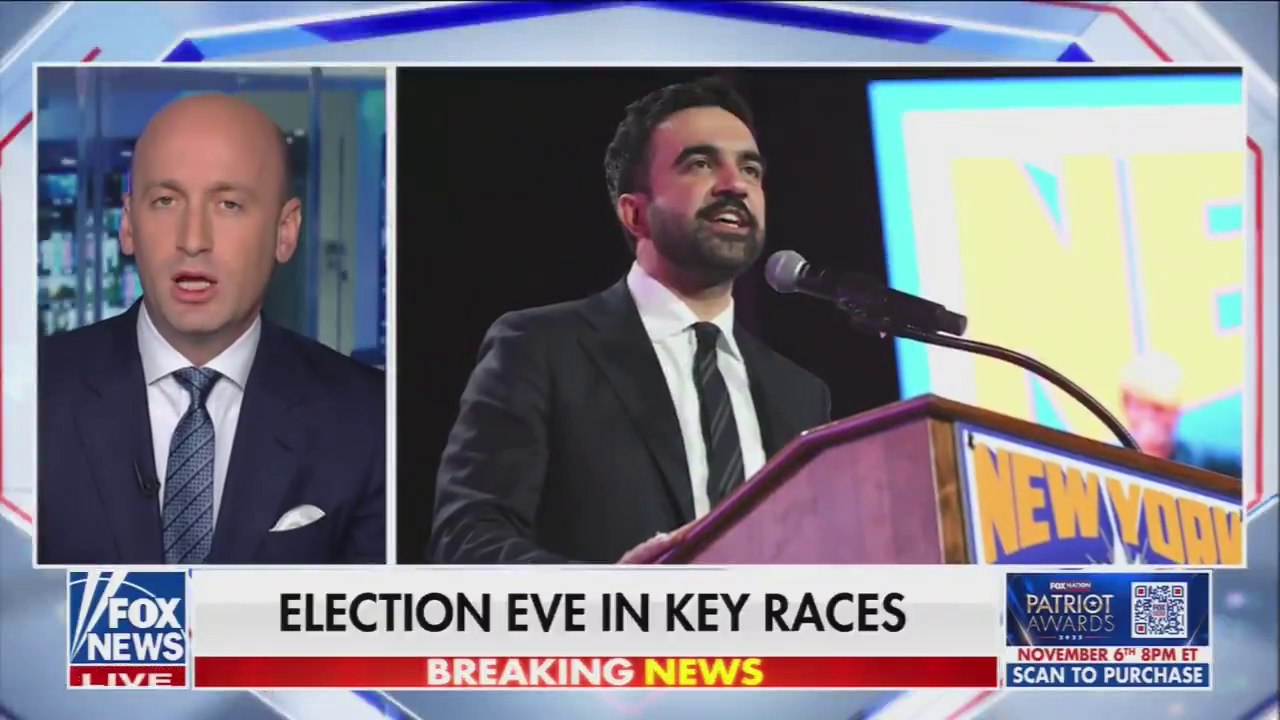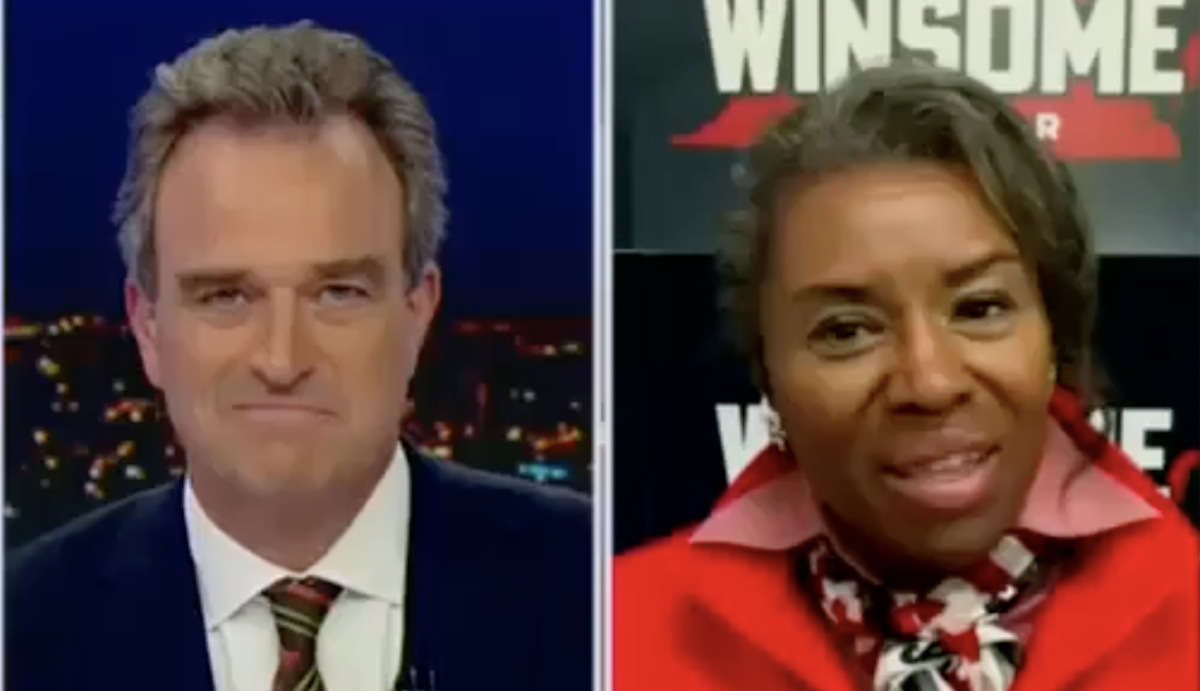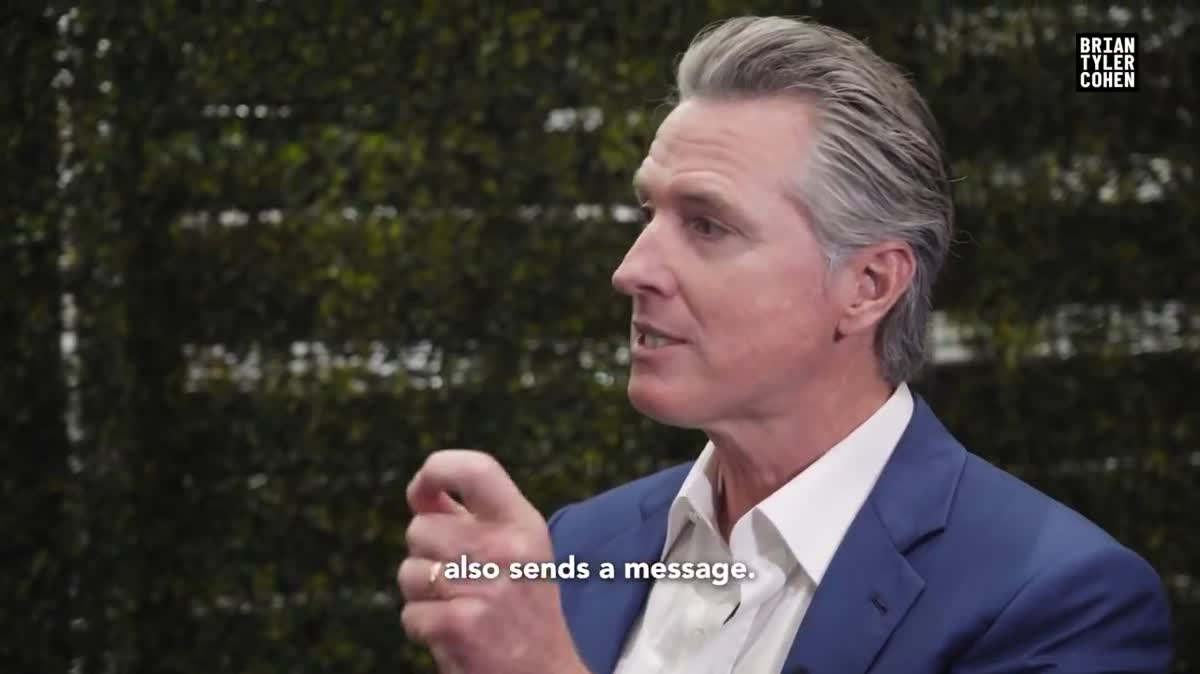In the final years of his life, Dick Cheney earned praise for breaking with his beloved Republican Party and defying Donald Trump, warning that Trump was a “threat to the republic.” That was commendable—and something of a counter to the efforts he made during his vice presidency to increase the power of the commander in chief and lay the foundation for the imperial presidency that Trump now seeks to establish. But Cheney, who died at the age of 84 on Monday, never addressed the worst transgression of his decades in politics and government: his deployment of lies to grease the way to the Iraq invasion that led to the deaths of more than 4,400 US soldiers and 200,000 or so Iraqi civilians.
There’s been much debate in the past two decades over whether Cheney and President George W. Bush, in the aftermath of the horrific 9/11 attack, lied to the public when they asserted that Iraqi dictator Saddam Hussein had built up an arsenal of weapons of mass destruction, was in league with Al Qaeda, and, thus, posed an imminent threat to the United States. Their defenders have long insisted that they merely relied on and conveyed bad intelligence produced by the intelligence community. But that case doesn’t hold up.
As Michael Isikoff and I showed in our 2006 book, Hubris: The Inside Story of Spin, Scandal, and the Selling of the Iraq War, Bush and Cheney repeatedly made false public statements about Saddam and the danger he presented that were unsupported by intelligence, and they routinely ignored the intelligence that raised questions about Saddam’s WMDs and his ties to Al Qaeada—which each turned out to be nonexistent. Cheney instructed his lieutenants within the national security establishment to cherry-pick bits of intelligence—often unconfirmed or contradicted—that supported the claims he and Bush were spewing. For instance, he cited Saddam’s possession of certain aluminum tubes as compelling evidence the Iraqi tyrant was enriching uranium for nuclear weapons—even though government scientists disputed this conclusion.
Whenever the question of Bush and Cheney’s selling of the war arises, their loyalists try to pin the blame on the CIA and others for the missing WMDs debacle. Langley, perhaps too eager to give Bush and Cheney what they craved, did, to a large extent, screw up the job. But Cheney was the guy who set that all in motion.
When assessing Cheney’s dishonesty, it’s only necessary to start at the beginning.
In the summer of 2002, as the first anniversary of 9/11 approached, the Bush-Cheney White House launched a campaign to persuade the American public that a war against Saddam was necessary. At the time, that was not a consensus view on Capitol Hill or among Americans. In fact, in mid-August, Senate Minority Leader Trent Lott (R-La.) called Cheney and told him that he believed public opinion was not yet with Bush and Cheney and that he himself didn’t believe the “predicate” for war had been established.
“Don’t worry,” Cheney told Lott, according to Lott’s memoir. “We’re about to fix all that.”
A short time later, on August 26, 2002, Cheney delivered a speech at a national convention of Veterans of Foreign Wars in Nashville, Tennessee, which was loaded with hair-raising rhetoric. “The Iraqi regime,” he declared, “has in fact been very busy enhancing its capabilities in the field of chemical and biological agents.” He proclaimed, “We now know that Saddam has resumed his efforts to acquire nuclear weapons… Many of us are convinced that Saddam will acquire nuclear weapons fairly soon.” He professed that nuclear weapons inspections would be pointless. He cut to the chase: “There is no doubt that Saddam Hussein now has weapons of mass destruction. There is no doubt he is amassing them to use against our friends, against our allies, and against us.”
No doubt. The veep said, no doubt. But he was lying. There was plenty of doubt.
Sitting on the stage for that speech was General Anthony Zinni, a former commander in chief of US Central Command who at the time was a special envoy to the Middle East. He later recalled,
It was a shock. It was a total shock. I couldn’t believe the vice president was saying this, you know? In doing work with the CIA on Iraq WMD, through all the briefings I heard at Langley, I never saw one piece of credible evidence that there was an ongoing program. And that’s when I began to believe they’re getting serious about this. They wanna go into Iraq.
Over the previous year and a half, top national security officials had repeatedly stated publicly and testified to Congress that Iraq was not a serious WMD threat to the United States. In March 2002, Vice Admiral Thomas Wilson, the director of the Defense Intelligence Agency, appeared before the Senate Armed Services Committee. Iraq was not among the five most pressing “near-term” security concerns for the United States that he listed. Wilson noted that UN sanctions and the American military presence in the region had succeeded in “restraining Saddam’s ambitions” and his military had been “significantly degraded.” He told the senators that Saddam might have “residual” amounts of weapons of mass destruction but no growing arsenal. He made no reference to any nuclear program or any ties Saddam might have to al Qaeda.
In his VFW speech, Cheney stated with no ambiguity that Saddam had assembled oodles of WMDs to use against the United States. The US government had no clear evidence of that. The iffy intelligence that Bush and Cheney would later cite was still to come. But this speech makes clear Cheney’s intent. He was willing to exaggerate and dissemble to get his war. He aimed to scare and bamboozle the American public with lies.
Cheney, who had been defense secretary for President George H.W. Bush during the first Gulf War, was hell-bent on launching this invasion to finish off Saddam. And like his boss, W., he did little to prepare for what would happen after US troops stormed into Iraq and toppled the Saddam. That was as big a transgression as the false sales pitch for the war. From the get-go, this was an enterprise of recklessness and deceit.
Cheney, as has been widely noted since his death was announced, had a remarkable career. He was a White House chief of staff (the youngest ever), a congressman, a Cabinet member, and a vice president, as well as the CEO of Halliburton. He did much to affect the world. (He encouraged the United States to engage in torture.) But the Iraq war was his most consequential action. It caused death, suffering, and loss for so many and created instability in the region that resonates to this day. It was a colossal miscalculation, one of the worse in US history. But more than that, it was one big lie. It was Dick Cheney’s lie.



